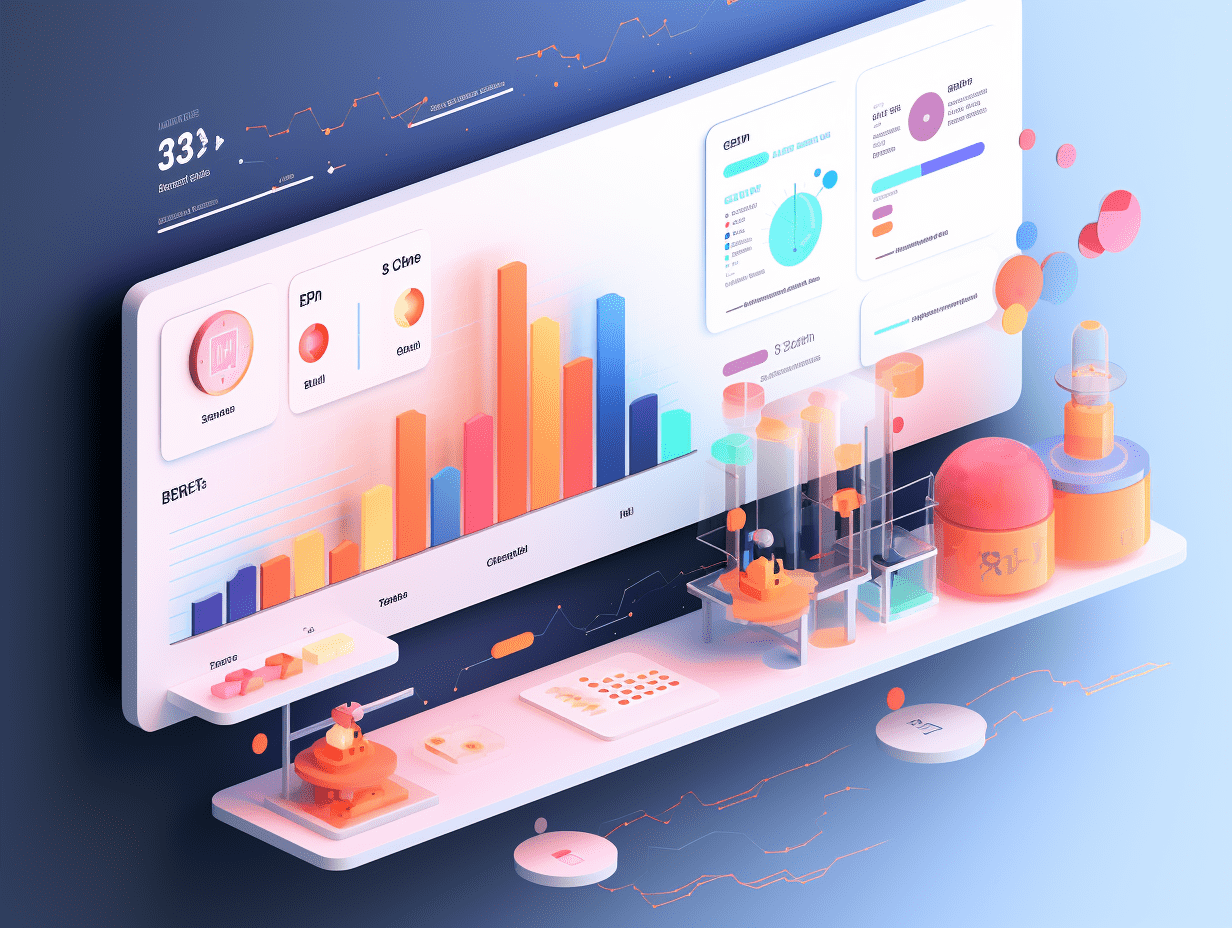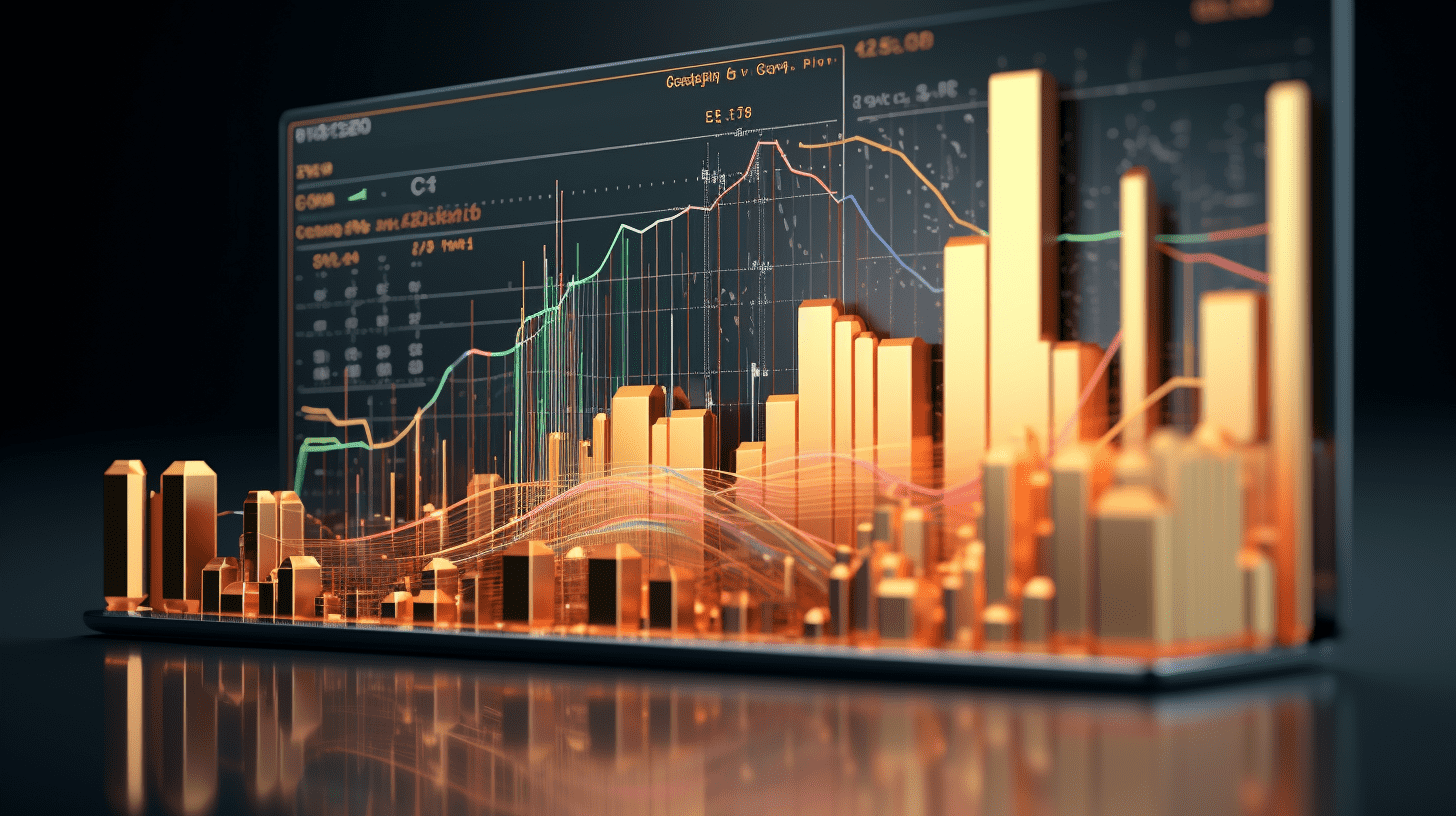US consumer confidence slightly rebounds in July, future expectations still appear weak.
The US consumer confidence index for July rose from 95.2 in June, where it was revised upwards, to 97.2.
According to data released by the global independent research organization, "The Conference Board", on July 29, the US Consumer Confidence Index for July rose from 95.2 in June to 97.2, an increase of 2.0 points, indicating that consumer confidence has gradually stabilized since the decline in April.
The data shows that the "Present Situation Index", which measures consumers' views of the current economy and job market, fell by 1.5 points to 131.5, reflecting increased concerns about the current job market. Meanwhile, the "Expectations Index", which measures consumers' expectations for income, business, and employment over the next six months, rose by 4.5 points to 74.4. Despite the increase, this index has been below 80 for the sixth consecutive month, which typically indicates an economic downturn.
Stephanie Guichard, Senior Economist of the Conference Board Global Indicators, stated: "Consumer confidence has stabilized since May and rebounded from the sharp decline in April, but it still remains significantly below last year's levels. In July, consumer pessimism about the future has eased, with all three expectations indices improving, reflecting slightly optimistic views about the future business environment, employment, and personal income. However, consumers' assessment of the current situation remains stable, with slightly optimistic views about the business environment but continued weakening confidence in the job market."
The data shows that in July, only 14.3% of consumers considered the current business conditions to be "bad", a slight decrease from 15% in June, while the proportion of those who thought they were "good" also decreased slightly from 20.5% to 20.1%. Regarding the job market, only 30.2% of consumers believed that jobs were "plentiful", slightly higher than 29.4% in June, but the proportion of those who said "jobs are hard to get" increased to 18.9%, marking the seventh consecutive month of increase and reaching a new high since March 2021.
The increase in confidence this month was mainly driven by consumers over the age of 35, with improvement seen across all income levels except for households with an income of less than $15,000. In terms of political leanings, confidence among Republican supporters increased significantly, while confidence among Democratic and independent consumers remained relatively stable.
On the topic of inflation and policy expectations, Guichard pointed out that tariffs remain one of the most discussed issues among consumers. Although the average inflation expectations for the next 12 months in July decreased slightly to 5.8% (down from 5.9% in June and reaching as high as 7% in April), mentions of "high prices" and "inflation" actually increased.
At the same time, some consumers mentioned the recent passage of the "Build Back Better" bill by the US Congress, with some praising it for its potential contribution to economic growth and others expressing concerns about its potential negative impact. However, overall, the bill did not attract significant attention among consumers.
Regarding expectations in the financial market, consumer confidence in the stock market continued to recover. In July, 47.9% of respondents expected stock prices to rise in the next 12 months, significantly higher than 37.6% three months ago. There was also a change in expectations for interest rates, with only 53% of consumers expecting rates to rise, lower than 57% in June, while 21.2% expected rates to fall, higher than 18.4% in June.
In a special survey on various interest rate directions, consumers generally believed that mortgage rates, car loan rates, and credit card rates were more likely to rise, with expectations for credit card rate increases being the most noticeable.
Consumer evaluations of their household financial situation in July remained stable but slightly weaker. Although the current and future household financial situation indices are not included in the calculation of the consumer confidence index, these two indicators indicate that consumers still have some confidence in their personal financial situation. The proportion of consumers who believe that the US will enter a recession in the next 12 months has decreased, but it remains higher than the level in 2024.
In terms of consumption willingness, plans to purchase cars and houses in July declined, but remained stable when viewed as a six-month moving average. However, intentions for service-related consumption decreased for the second consecutive month, covering almost all service categories. Although dining out remained the top choice for consumer service expenses, the intention for this in July saw a significant decrease, with other notable declines including transportation and accommodation expenses related to personal travel.
Regarding travel, the proportion of consumers interested in traveling abroad increased slightly, but the number of people planning to travel within the United States decreased, indicating an overall decline in holiday intentions.
Related Articles

The moment of "AI Faith vs. Interest Rate Hammer" has arrived! The soaring global stock market is facing a "stress test" from the Federal Reserve.

Epic surge collides with curse! S&P 500 is about to face the "weakest two months"

Hong Kong Treasury Bureau: Approval process for digital asset licenses is accelerating in an orderly manner, regulatory sandbox promotes financial innovation.
The moment of "AI Faith vs. Interest Rate Hammer" has arrived! The soaring global stock market is facing a "stress test" from the Federal Reserve.

Epic surge collides with curse! S&P 500 is about to face the "weakest two months"

Hong Kong Treasury Bureau: Approval process for digital asset licenses is accelerating in an orderly manner, regulatory sandbox promotes financial innovation.

RECOMMEND

Guotai Junan International: Guotai Junan Securities to Set Up a Wholly-Owned Subsidiary in Saudi Arabia, Target Price HK$1.84
30/07/2025

Vanke's June Contracted Sales Rose Slightly by 13.6% Month-on-Month; Focus Remains on Debt Resolution and Asset Disposal Progress
30/07/2025

2025 Fortune Global 500 Released: 130 Chinese Companies Make the List
30/07/2025


